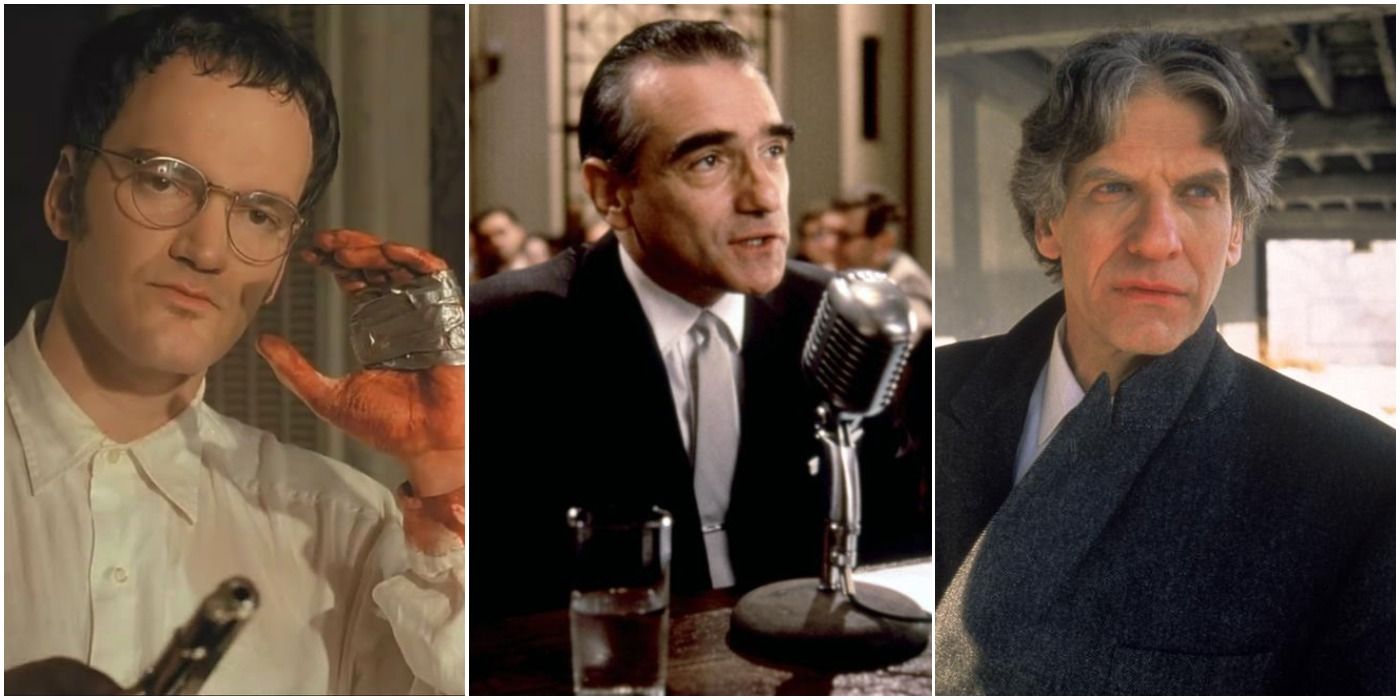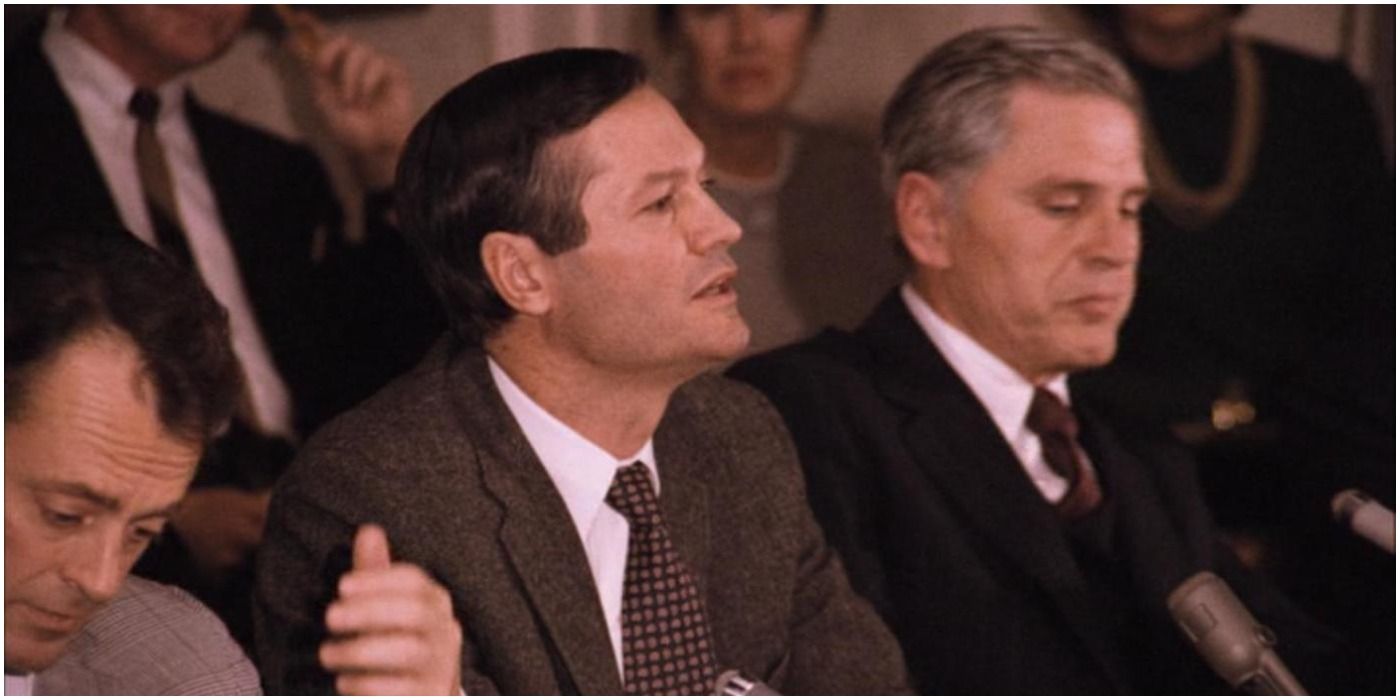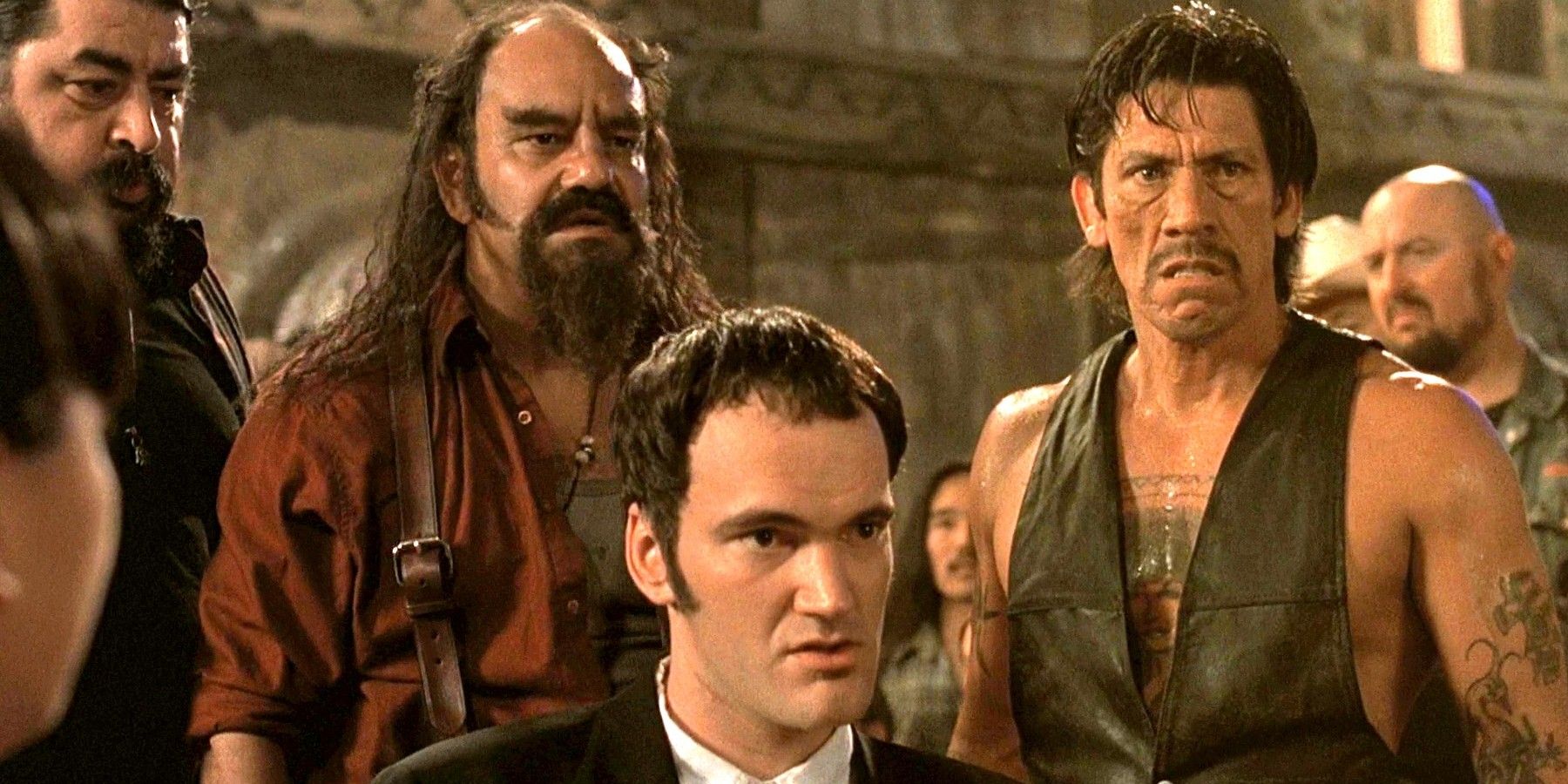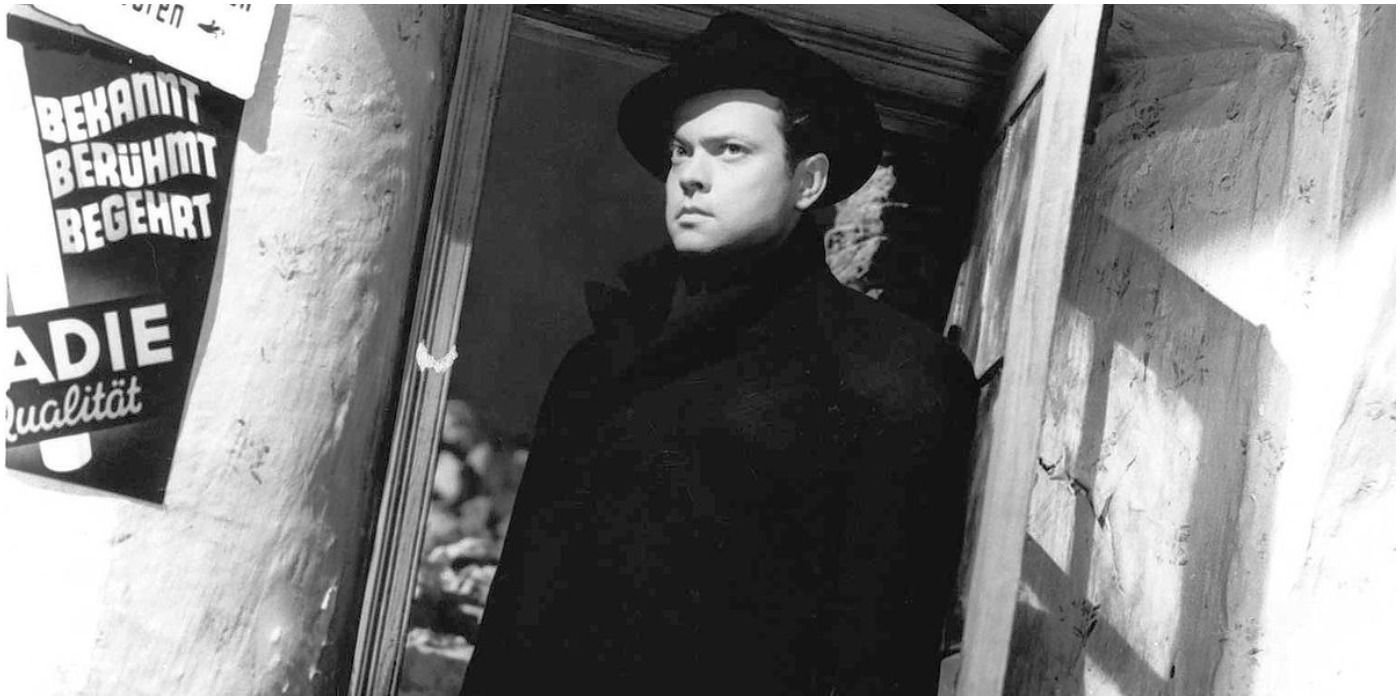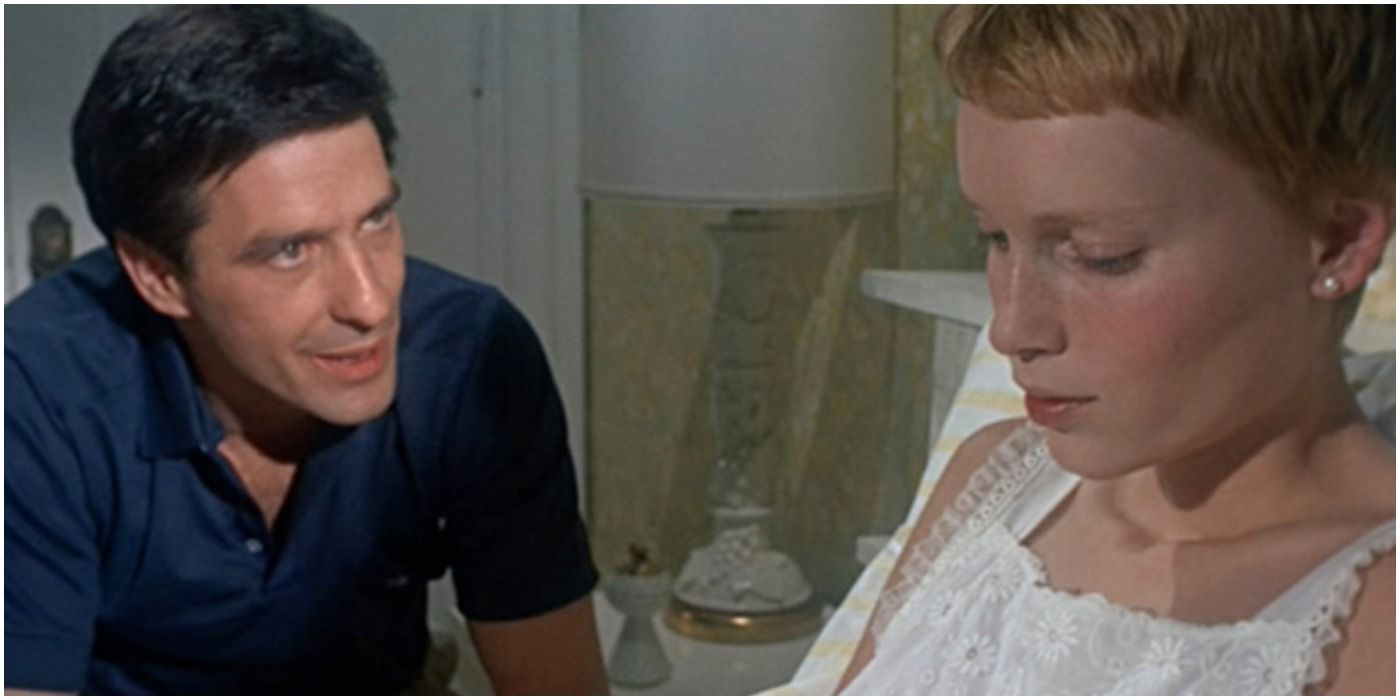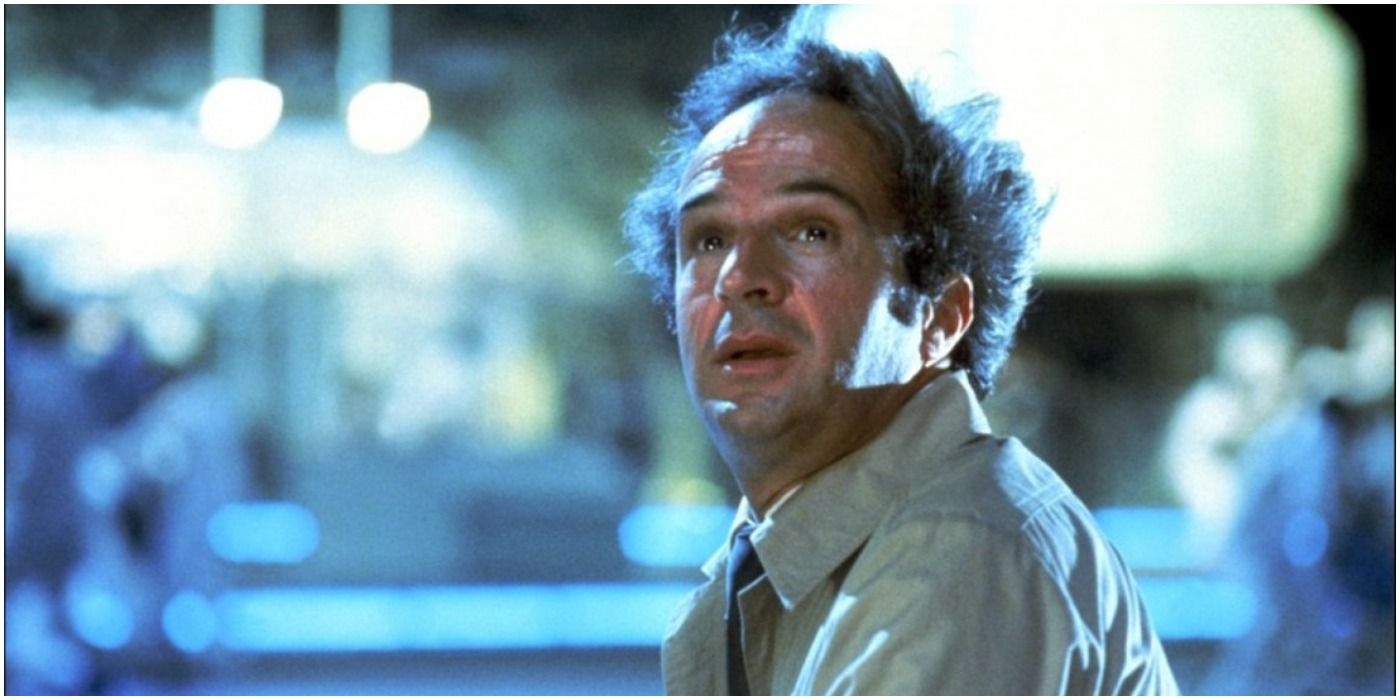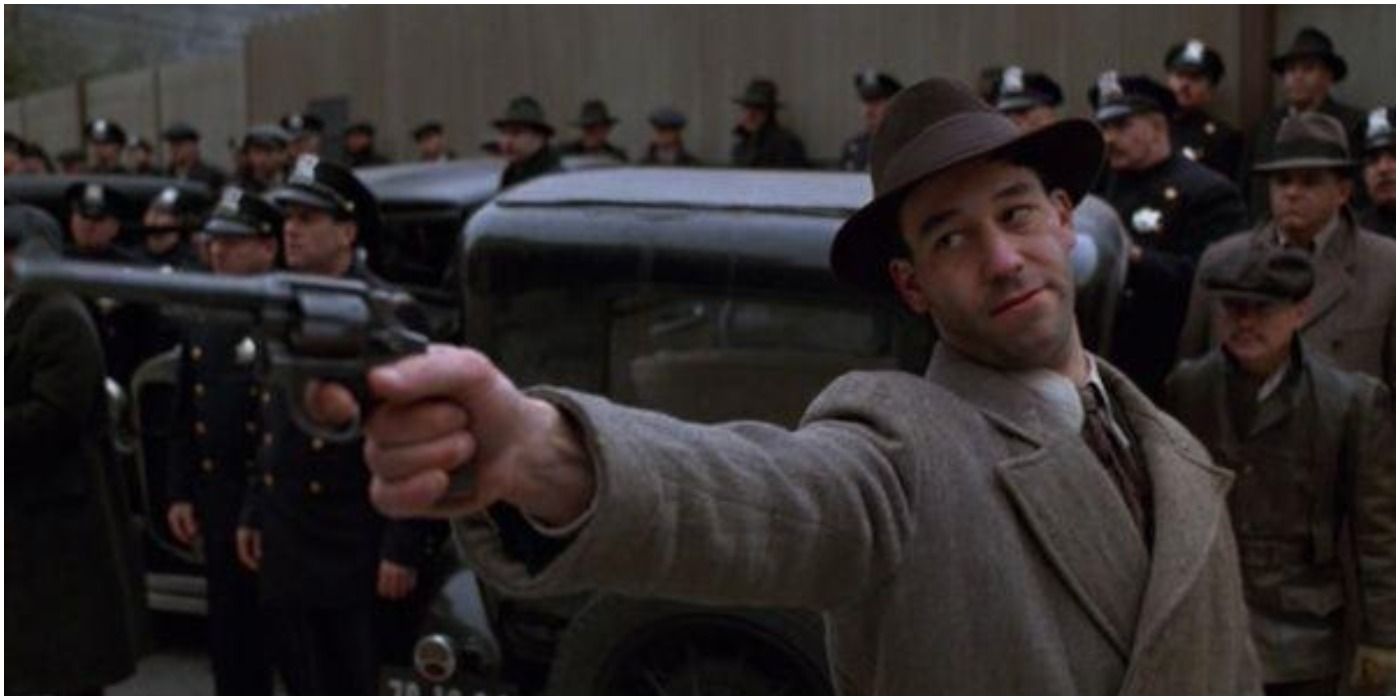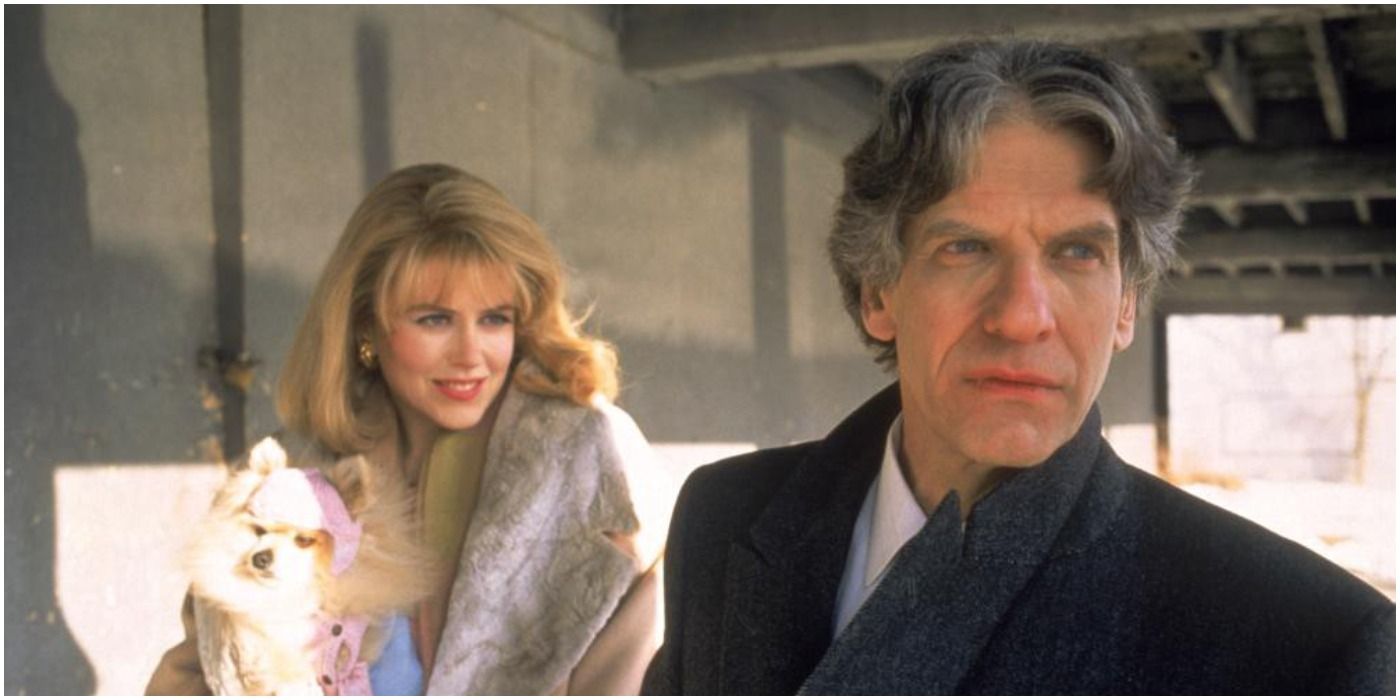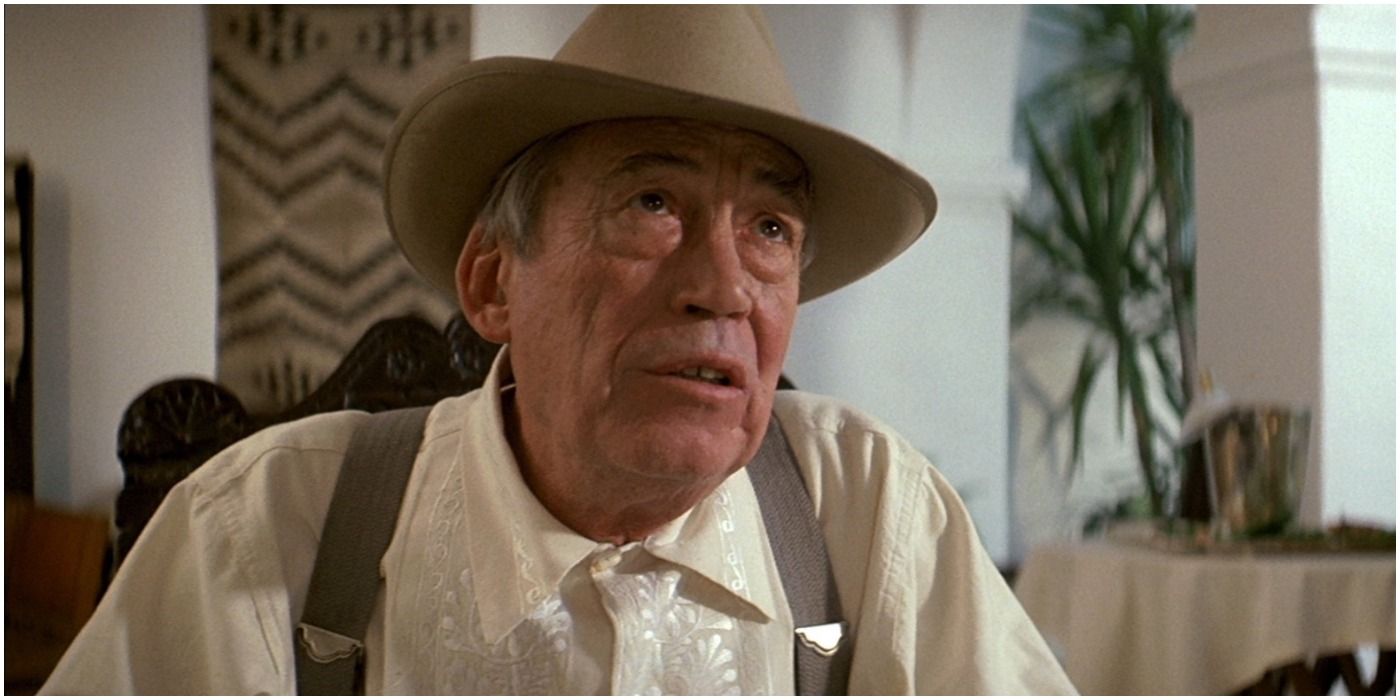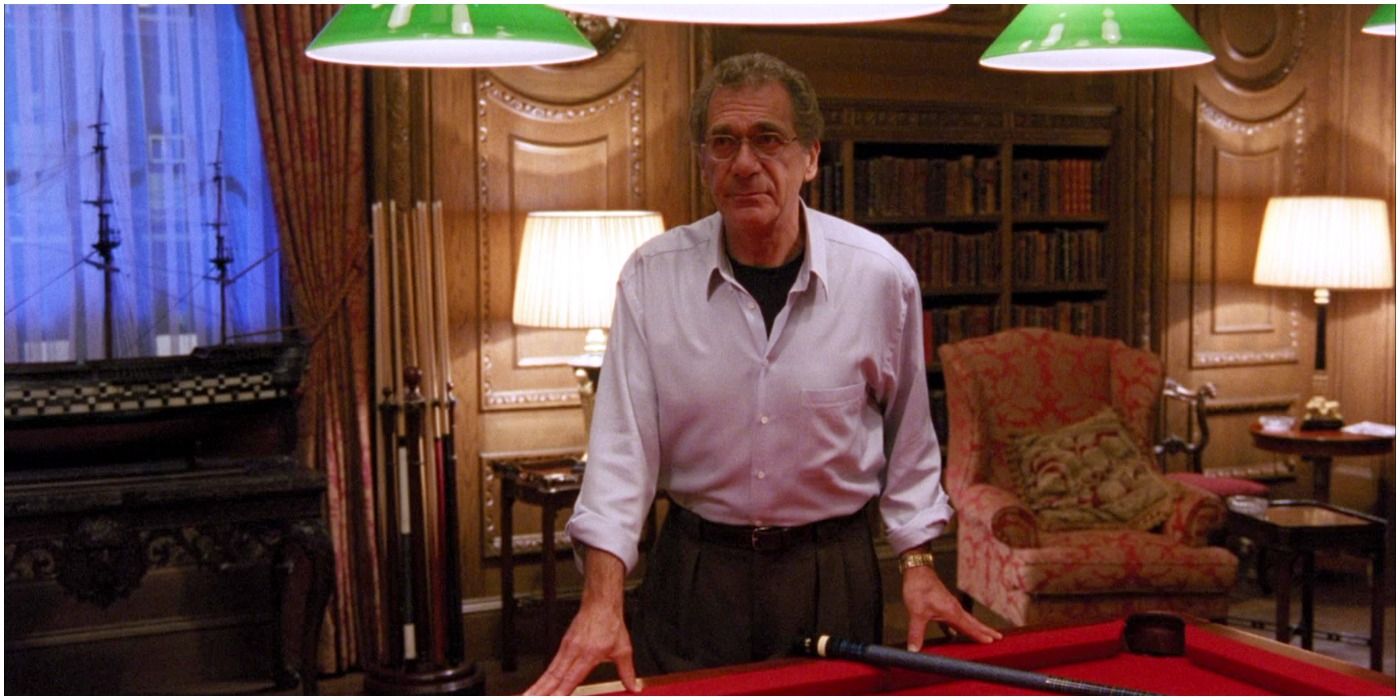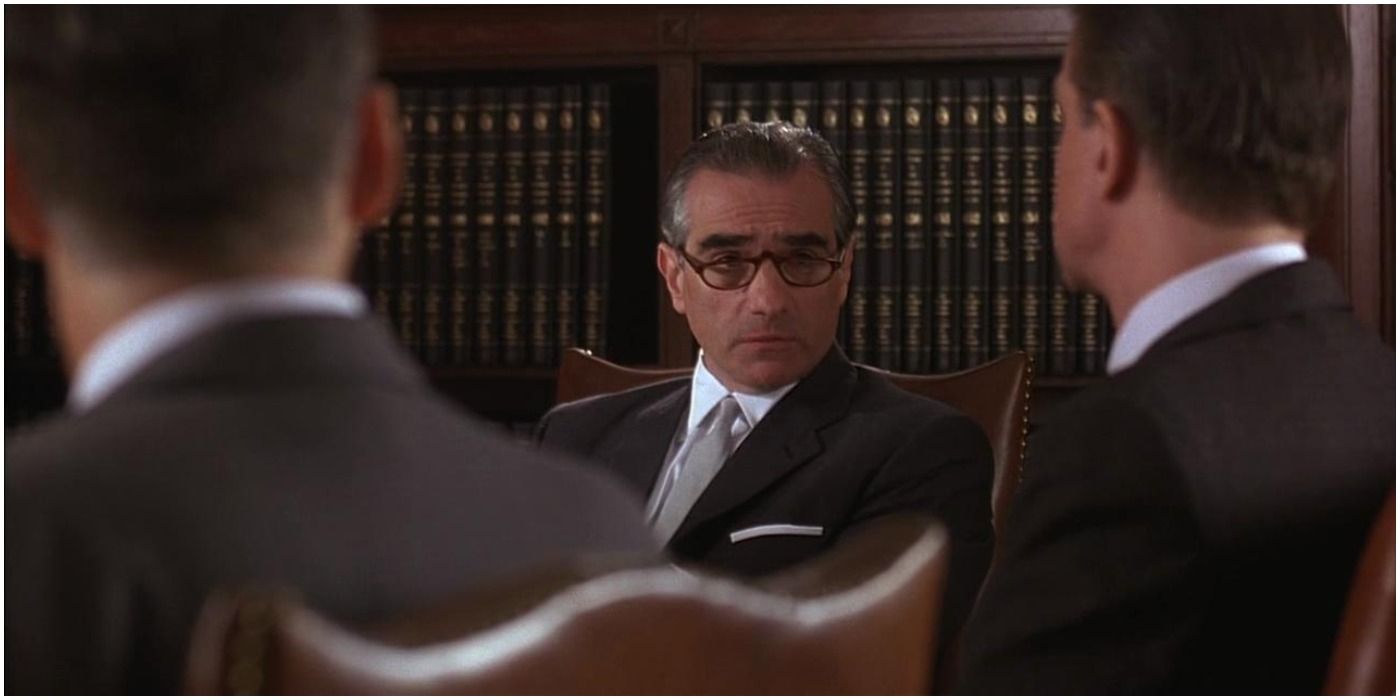Directors acting in their own movies, as leads or supporting parts, is a pretty common occurrence. As is filmmakers beginning as actors but transitioning to directing. In many cases, these two phenomenons overlap - just look at Clint Eastwood, for instance.
Something much more unique is when a director who usually doesn't act outside their own films appears in a film made by someone else. Usually, it's because they're a friend of the director and show up for a brief cameo that only their eagle-eyed fans will catch. Sometimes, however, they can appear in larger roles, showing off their own acting skills.
10 Roger Corman In The Godfather Part II
Roger Corman is the king of the B-Movie. Over the course of his career in making monster features, exploitation movies, and Edgar Allan Poe adaptations, Corman racked up 55 directorial credits and 385 producer ones. Not only that, but he was the godfather of the New Hollywood, having mentored so many of its key figures, both directors like Francis Ford Coppola and Martin Scorsese to actors like Jack Nicholson. How fitting then that he cameoed in Coppola's The Godfather Part II as one of the US Senators attending the hearing committee on Michael Corleone's involvement in the mafia.
9 Quentin Tarantino In From Dusk Till Dawn
Despite how idiosyncratic a storyteller he is, Quentin Tarantino has written scripts that he didn't direct. One of them was From Dusk Till Dawn. The script was Tarantino's first paid writing assignment, but the production timeline meant it didn't hit theaters until 1996, after Tarantino had already made a name for himself. The film was directed by Robert Rodriguez, but Tarantino plays psychotic bank robber Rickie Gecko, younger brother of Seth (played by George Clooney). In quite a random bit of casting, Tarantino also played the recurring villain McKenas Cole on Alias, a show he neither wrote or directed for.
8 Orson Welles In The Third Man
Orson Welles was a renaissance man, but he'll always be most famous for three things; film directing, screen acting, and making a radio adaptation of The War Of The Worlds so convincing that people thought martians were really invading. Citizen Kane is and will remain his most famous film, but his most acclaimed role in a film he didn't direct was Harry Lime in Carol Reed's The Third Man.
Lime is a scoundrel, but a charming one, as shown by his excuse for his actions: "In Italy for thirty years under the Borgias, they had warfare, terror, murder, and bloodshed, but they produced Michelangelo, Leonardo da Vinci, and the Renaissance. In Switzerland, they had brotherly love, they had five hundred years of democracy and peace, and what did that produce? The cuckoo clock."
7 John Cassavetes In Rosemary's Baby
John Cassavetes is one of the most important figures ever in American independent cinema. Some of his many classics include A Woman Under The Influence and Opening Night, starring his partner (in both senses of the word) Gena Rowlands. Cassavetes funded his personal projects by acting in Hollywood movies, one of them being the horror classic Rosemary's Baby. Cassavetes plays Guy, Rosemary's husband who sells his soul and his wife's body for fame and fortune. Robert Redford and Jack Nicholson were both considered for the part of Guy, but director Roman Polanski, who'd made Cassavetes' acquaintance while working in London, suggested him, and the rest is history.
6 François Truffaut In Close Encounters Of The Third Kind
While his name is synonymous with blockbusters, Steven Spielberg came up in the New Hollywood era, the brief flicker of time where artistry usually reserved for independent filmmaking made its way into the mainstream. Close Encounters Of The Third Kind, one of Spielberg's earlier films, has one of the most obvious signs of his roots.
One of the film's many important characters is Claude Lacombe, the French agent overseeing the first contact. Lacombe is played by François Truffaut. Truffaut was one of the most important forces in the French New Wave, first as a critic, then as a director. The FNW was one of the international filmmaking movements which inspired the New Hollywood.
5 Sam Raimi In Miller's Crossing
Once upon a time, a then-unknown Sam Raimi was roommates with the equally (but not for long) obscure Coen Brothers. They collaborated on many early films; Joel Coen was an editor on The Evil Dead, and the three co-wrote Raimi's Crimewave and the Coens' The Hudsucker Proxy.
Raimi has a handful of acting credits to his name, mostly small cameos. One of them is in the Coens' 1990 gangster flick, Miller's Crossing. Credited as "Snickering gunman," Raimi's character is one of the police officers who firebomb the Sons Of Erin, social club of the local Irish mob.
4 David Cronenberg In To Die For
David Cronenberg is synonymous with body horror science fiction films, but you wouldn't guess that from his affable persona; Martin Scorsese once remarked that he looks like "a Beverly Hills plastic surgeon." Gus Van Sant used this silk hiding steel quality to great comedic effect when he cast Cronenberg for a cameo in his 1995 satire To Die For.
The film stars Nicole Kidman as Suzanne Stone, an aspiring news anchor who seduces high school student Jimmy (Joaquin Phoenix) into murdering her boorish husband Larry Maretto (Matt Dillon). Earlier in the film, Suzanne's WASP parents were unsure about her marrying into an Italian family, citing stereotypes about the mafia. In a gut-busting twist, it turns out Larry's family actually is connected to the mob. After Larry's death, his father (Dan Hedaya) hires a hitman to kill Suzanne. Mr. Cronenberg plays the hitman in question; he lures Suzanne to her death by posing as a Hollywood executive but spares her dog.
3 John Huston In Chinatown
Roman Polanski's Chinatown is a noir homage, so who better to play the villain than a director of noir classics? John Huston made a name for himself and founded an enduring Hollywood dynasty by directing films such as The Maltese Falcon and The Asphalt Jungle. In Chinatown, he plays Noah Cross, the vile California land baron who, in the film's most infamous moment, turns out to have raped his own daughter Evelyn (Faye Dunaway). Opposite Jack Nicholson's Jake Gittes, Cross is the kind of character Huston would've cast Sydney Greenstreet or Peter Lorre to play.
2 Sydney Pollack In Eyes Wide Shut
Sydney Pollack had plenty of acting credits to his name, but he earned the most Hollywood prestige by working as a director, helming films such as Tootsie and Out Of Africa. "Oscar-bait" was a disparagement often thrown Pollack's way, so it's interesting to see he worked with a director as audacious as Stanley Kubrick. Pollack plays a supporting role in Kubrick's last film, Eyes Wide Shut. His character, Victor Ziegler, is a wealthy friend of Tom Cruise's lead Bill Harford, who turns out to be involved in the secret society/sex cult that Bill stumbles into.
1 Martin Scorsese In Quiz Show
As a director, Martin Scorsese needs no introduction. It shouldn't be surprising that a master of his craft is also a more than capable actor, whether in his own films (the passenger who describes wanting to kill his wife to Travis Bickle in Taxi Driver) or others (Mr. Sykes in Shark Tale). However, his best performance is in Robert Redford's Quiz Show as Martin Rittenhome. Rittenhome is an executive at Geritol, one of the corporate sponsors of the titular quiz show, and an avatar of the interests keeping the popular television game show on the air even after its corruption is exposed. Scorsese is genuinely menacing in the part, and the polar opposite of his avuncular, mile a minute often glimpsed in interviews and documentaries.

